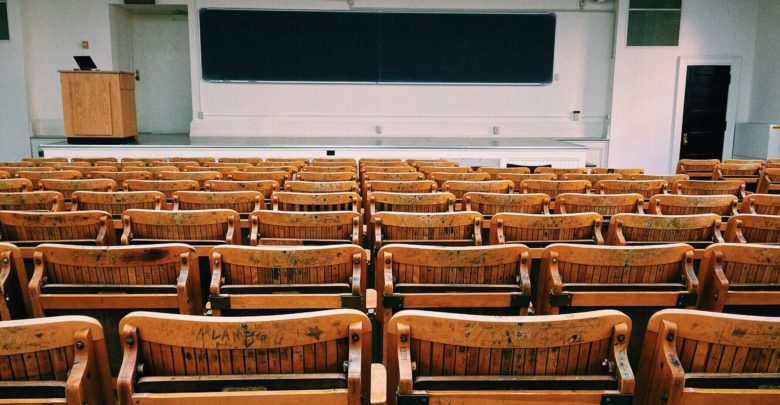 pexels.com
pexels.comJoanne Weber, a University of Alberta assistant professor in the educational psychology department, is investigating the integration of arts-based teaching into deaf education in the K-12 system and post-secondary education.
As a recently appointed Canada Research Chair in Deaf Education, Weber is hoping to bring in arts-based approaches to create more opportunities for people with differences in learning.
Weber started this research process due to the deaf teaching she would conduct herself. She realized that when a hearing teacher was instructing deaf children, the use of an interpreter was not enough for children to be invested in the lesson. Consequently, there would be a visible gap in language acquisition as the child progressed through the school years.
“I learned the most from deaf teaching — the hearing teachers not so much because they were very hearing; they weren’t cognizant of the deaf culture,” Weber said through the assistance of her interpreter, Tracy Hetman.
Throughout her career as a teacher for mostly deaf youth, Weber noticed how arts-based teaching, such as dance and theatre, helped students to use the language more often and helped language acquisition. She found that language, writing, and reading skills increased.
Weber’s approach to language acquisition is through bilingual teaching of American Sign Language (ASL) and spoken language, yet not simultaneously. For the best acquisition, they need to be separate due to the clear difference between a visual language and an auditory language.
She added that although cochlear implants have improved significantly and will continue to do so, they are not a solution.
“Cochlear implants do not replace hearing. They do not correct hearing in the same way a pair of glasses would correct your vision.”
In recent years, Weber has been awarded three grants that total $20,000.
The first grant is centred around a project involving children designing a play expressing their experiences and what they would want the audience to know. Through this, they develop communication skills.
The second grant is concentrated on building capacity, and training teachers, both hearing and deaf to use arts-based strategies in the classroom.
The third grant with the biggest sum of money is devoted to establishing the foundation of something Weber describes as “deaf aesthetics,” which is devoted to making visuals the centre of deaf education, as vision is how deaf people understand concepts. One of their focuses is online learning involving the K-12 system and creating open-access resources for the students.
“What we’re doing is looking at how we can facilitate online learning and build on the deaf aesthetic principle because right now we’re using Universal Design for Learning (UDL),” she said. “The problem is it doesn’t address the learning needs of deaf students because the universal design is based on hearing.”
One example she provides is that of virtual Zoom calls.
“Everyone thinks Zoom is great but for us deaf people it’s such a problem,” Weber said. “[If] someone starts signing, how do we know who is signing … [and] what if more than one person is waving their hands? Where are we going to look?”
The next step in her research is to bring the projects given grants to completion. Although she acknowledges that the recent years of the pandemic have left teachers feeling burnt out, she hopes she can bring in the arts-based approach and create learning opportunities.
Lastly, Weber wanted to show extreme gratitude to the deaf community, the U of A, and the government of Canada for providing the Canada Research Chair in Deaf Education.
“This is a huge step that the Canadian government has made possible, and it’s because of the work of the deaf community here in Canada and the world.”




